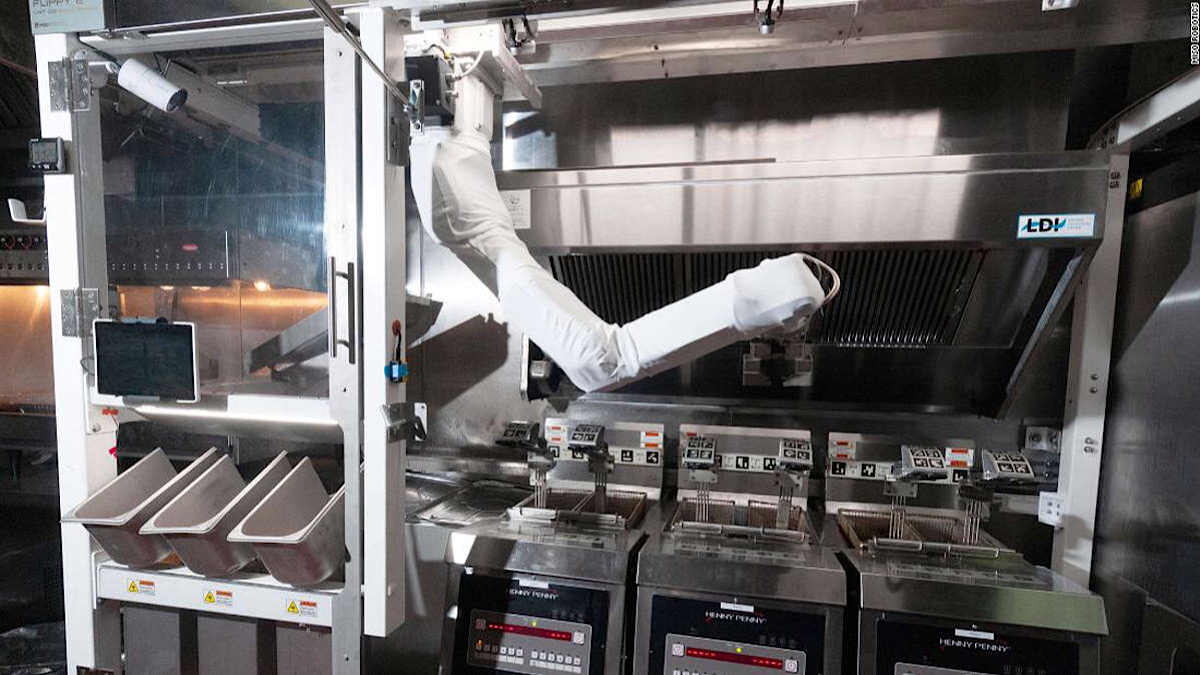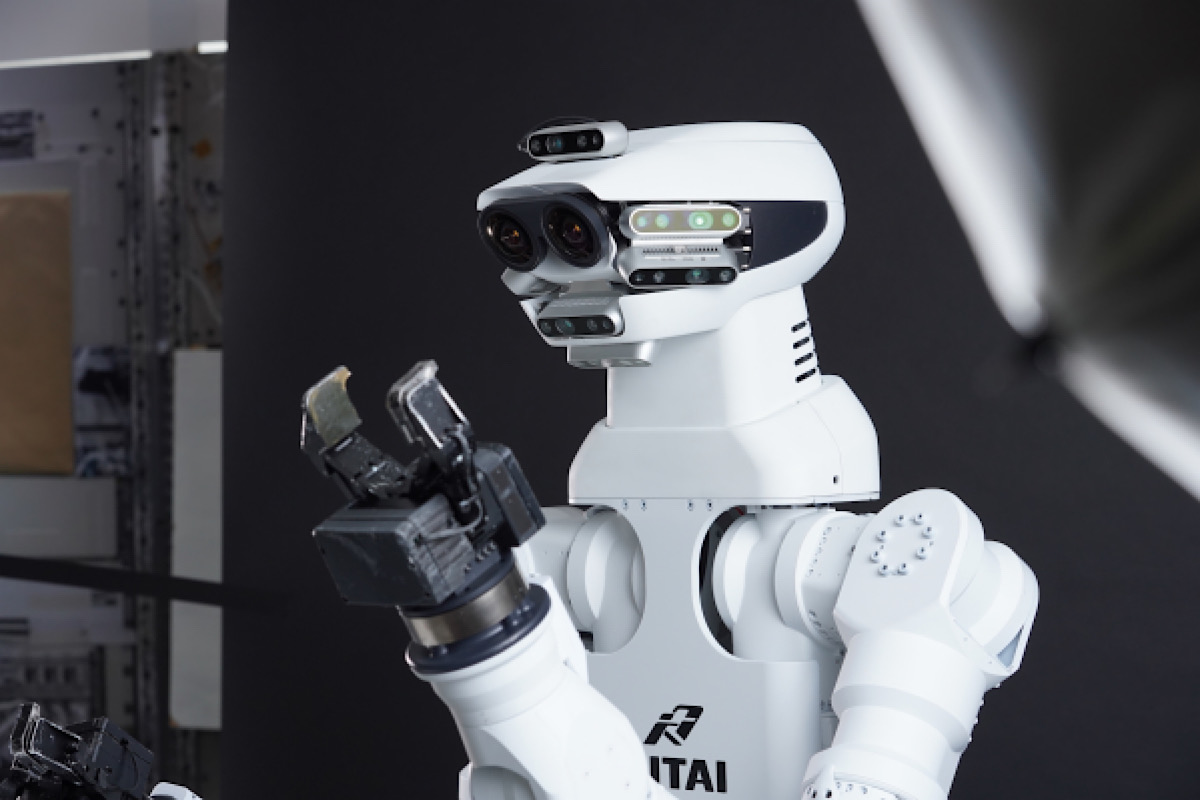Chef Amir Ilan prepares a lab-grown steak during a presentation by Aleph Farms, in Jaffa, Israel, in 2019. The company unveiled the first 3D-printed rib-eye steak on Tuesday.
By LAURA REILEY The Washington Post
An Israeli company unveiled the first 3D-printed rib-eye steak on Tuesday, using a culture of live animal tissue, in what could be a leap forward for lab-grown meat once it receives regulatory approval.
During the coronavirus pandemic, alternative protein products have soared in popularity, prompting nearly every multinational food corporation to hasten to bring its own versions to market. Frequently plant-based products have been patties or processed nuggets — “everyday” foods easier for companies to produce — that aim to ease the climate effects of the worst offender: Americans eat nearly 50 billion burgers a year, according to the U.S. Department of Agriculture.
Aleph Farms’ new 3D bioprinting technology — which uses living animal cells as opposed to plant-based alternatives — allows for premium whole-muscle cuts to come to market, broadening the scope of alt-meat in what is expected to be a rich area of expansion for food companies. A survey of more than 1,000 U.S. adults, conducted by MRS research for agriculture company Proagrica, showed that 39% of American consumers have considered going vegetarian or vegan since the pandemic began. Health concerns, climate change and animal welfare are drivers.
Continue reading… “Raising the steaks: First 3D-printed rib-eye is unveiled”













